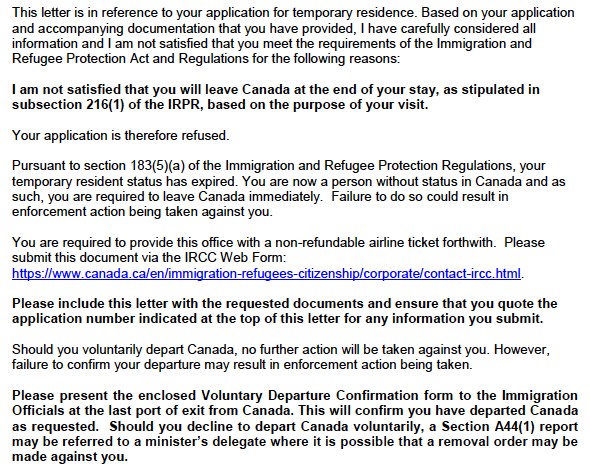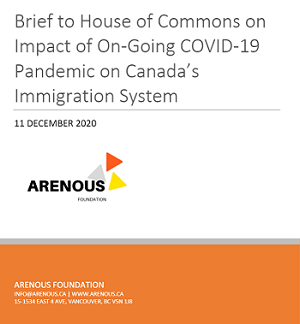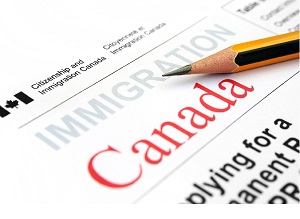Reflecting On Racialization: One Chinese Canadian Lawyer’s Perspective
My Rocky Relationship with Being Racialized In advance of a talk (as I like to do) I spend time reflecting on the questions the panel
Award-Winning Canadian Immigration and Refugee Law and Commentary Blog
My Rocky Relationship with Being Racialized In advance of a talk (as I like to do) I spend time reflecting on the questions the panel

I apologize folks. I’m in the middle of a transition (starting my own Firm in February – more details about this later). I’ve also engaged

To most individuals, even those familiar with immigration, the words ‘risk’ and ‘discrimination’ will likely conjure up immediate thoughts of refugee claims under s. 96

Many new readers and fans of our blog ask why we have an Indigenous logo and make Indigenous issues, decolonization, and indigenizing a huge part

Folks: As many of you may know, over the past half year my colleague Edris Arib and I have been putting together a non-profit organization

co-written w/Yussif Silva, Student Intern, Edelmann and Co. Law Offices Mel is a stateless Palestinian. She grew up stateless in a country that does not

Immigration, Refugees and Citizenship Canada (“IRCC”) has acted quickly and swiftly to adapt to the changing scene for international students as a result of COVID-19.
Will Tao is an Award-Winning Canadian Immigration and Refugee Lawyer, Writer, and Policy Advisor based in Vancouver. Vancouver Immigration Blog is a public legal resource and social commentary.
he/his/him
Acknowledges that he lives and works on the traditional, unceded territories of the Coast Salish peoples – sḵwx̱wú7mesh (Squamish), sel̓íl̓witulh (Tsleil-Waututh), and xʷməθkʷəy̓əm (Musqueam) nations.
This site reflects my personal opinions and views only and should not be relied on and should be verified prior to any professional use. Please note that none of the information on this website should be construed as being legal advice. As well, you should not rely on any of the information contained in this website when determining whether and how to apply to a given program. Canadian immigration law is constantly changing, and the information above may be outdated. If you have a question about the contents of this blog, or any question about Canadian immigration law, please contact the Author.